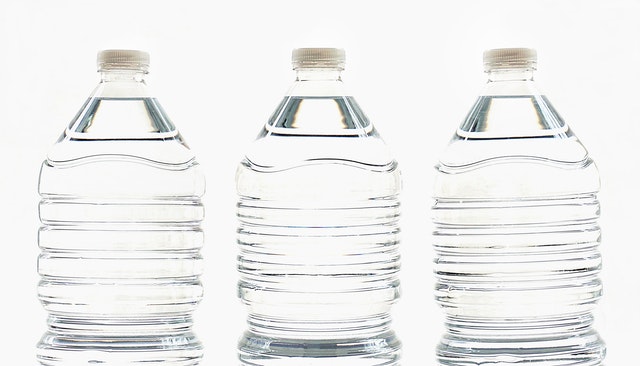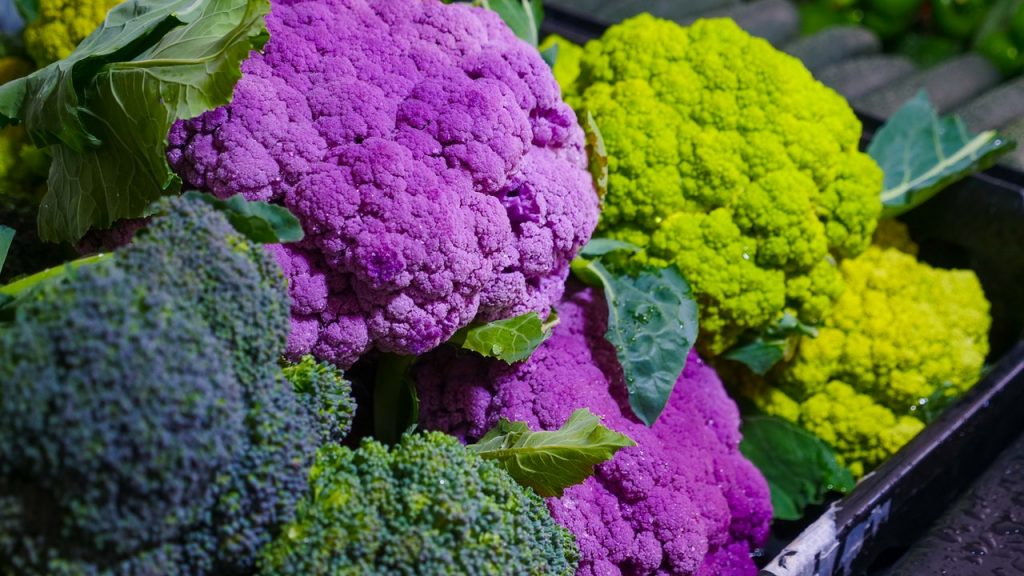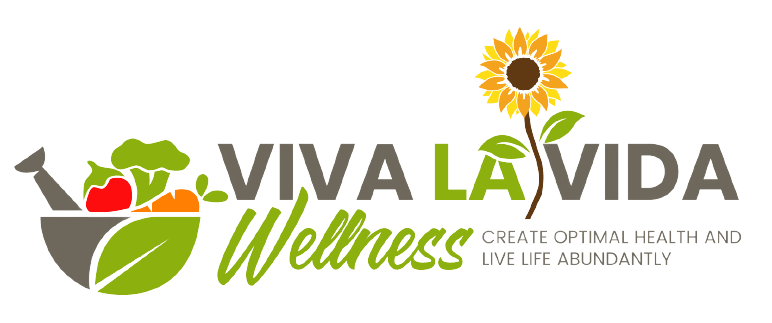The body was designed to eliminate waste and detox as part of its regular functions. We naturally eliminate or detoxify by the liver, kidneys, bowels, lungs, skin, and lymphatics system. We are constantly exposed to toxins. Our health starts to fail when we have more toxins than we can eliminate. We may start experiencing symptoms such as digestive issues, insomnia, energy drops, weight gain or inability to lose weight, mood swings, brain fog, etc. Chronic conditions such as cancer have been associated with an accumulation of toxins in the body (1).

What is a toxin? A toxin is any substance or agent that interferes with the normal function of the body. Toxins come from different sources; from the food we eat, the air we breathe, the clothes we wear, the thoughts we hold, the environment we live in, and more. Toxins are unavoidable and are part of life. You can support your body’s optimal function by applying two strategies: avoid toxins and support detoxification on a daily basis. This may seem daunting at first but once you strive to live a toxic free lifestyle it becomes a way of living. Below are a few tips to get your started in the right direction:
- Breathe clean fresh air. Avoid air pollutants in your home and environment like synthetics perfumes, air fresheners, etc. Instead opt for opening windows to change air, air purifiers or essential oils.

2. Drink clean, pure, filtered water. Drink at least ½ or your body weight in ounces. Your body needs water to function and to flush out toxins. Avoid drinking from plastic bottles as the plastic leaches into the water. The plastic is not only a toxin, but it is an endocrine disrupter (2,3).
3. Consume an anti-inflammatory diet. Avoid all processed foods, fast foods, added sugars, artificial additives, flavors, sweeteners, and colors. These are edible chemicals, toxic and accumulate in your body.


- Exercise or move on most days and avoid a sedentary lifestyle. Exercise or movement are key for detoxification. One way in which exercise support detoxification is through the skin when we sweat. It also stimulates the bowels to move waste out of the body. Another way in which exercise and movement support detoxification is by stimulating the lymphatic system. The lymphatic system is analogues to the sewage system in the body. The lymphatic system carries the cellular waste products out of the body. However, it does not have its own pump system like most sewage systems do. It needs movement or exercise to work properly. Waste accumulates more when we are sedentary hence movement is critical to eliminate and detoxify waste
(4).
5. Sleep 7-9 hours nightly. Maintaining a healthy circadian rhythm through regular wake and sleep cycle is important. It support the body’s hormonal and organ functions as they repair and detox at night. The brain is especially active during sleep, not only consolidating memories and sorting information, but removing debris. It flushes out toxins during sleep that accumulated during waking hours. The system responsible for this is called the glymphatic system. In fact, individuals that habitually sleep 6 or less hours are at a higher risk of developing a degenerative brain disease such as dementia and Alzheimer’s (5).


6. Read and listen to uplifting music, messages, books, people. Avoid toxic information and toxic people. The latter have the ability to produce emotions that translate into biochemicals substances that are toxic to the body.
To further enhance daily detoxification
7. Upon awaking, have an attitude of gratitude.
8. Start your day with 2 glasses of lukewarm water. You may add, lemon, pressed ginger and a pinch of cayenne pepper to aid metabolism, digestion, and detoxification.
9. Incorporate dry skin brushing before showering. It stimulates the lymphatic system, clears dead skin cells, stimulates blood flow, soften skin and it is invigorating.

10. Practice deep breathing. Among the benefits of deep breathing, it increases oxygenation and improves circulation which in turns supports detoxification. It also helps reduce stress and anxiety which are a type of toxin.
11. Practice oil pulling. This is an ancient practice that helps eliminate toxins in the mouth that end up in your system. Among other benefits, it has been found to fights cavities, whitening teeth, and keep lips soft. Before brushing your teeth in the morning, take a ½ to 1 teaspoon of coconut oil in your mouth. Allow it to melt and swish it around for about 10-15 minutes. Avoid drinking the oil. At the end, spit the oil and rinse mouth with warm water. Brush your teeth as usual. Practice oil pulling one to 4 days a week for best results (6).
12. Jump on a rebounder for 10-15 minutes a day on most days. This is one of the best ways to stimulate the lymphatic system and support detoxification.

13. Increase your intake of leafy greens and green produce to help cleans and oxygenate your body.
14. Drink fresh pressed green juices.
15. Increase your consumption cruciferous vegetables such as broccoli, cabbage, brussels sprouts, and vegetable high in sulfur such as garlic and onion (7)
16. Drink a variety of herbal teas such as dandelion, peppermint, red clover, milk thistle, turmeric, ginger, cilantro, chicory, et.
17. Increase your intake and variety of fiber, colorful produce, seeds, nuts, and legumes. Fiber acts as a broom to remove the debris in the bowels. Variety in fibers and color is important to feed a variety of bacteria in the gut resulting in a strong microbiome (8).
18. Eat probiotic foods such as yogurt, Kiefer, kimchi, kombucha, sauerkraut, etc.
Finally, it is important to remember that our health starts to fail when we accumulate more toxins that it is able to eliminate. Toxins are part of life. Our best strategy is to avoid those that we have control over (i.e., food, home environment) and support our body natural detoxification by following simple lifestyle habits.
Viva La Vida!
References:
- Pesticides and cancer, Dich, J., Zahm, S.H., Hanberg, A. et al. Pesticides and cancer. Cancer Causes Control 8, 420–443 (1997).
- Plastics derived endocrine-disrupting compounds and their effects on early development, Sannjay Basak, Mrinal K. Kas, Asim k. Duttaroy, Birth Defect Research and Prevention, June 1, 2020.
- Bisphenol A and human health: a review of the literature, Johanna R. Rochester, Reproductive Toxicology, Vol. 42, December 2013
- The Anti-Inflammatory and Anti-Oxidant Mechanisms of the Keap1/Nrf2/ARE Signaling Pathway in Chronic Diseases, Wenjun Tu, Hong Wang,, Song Li, , Qiang Liu,, Hong Sha, Aging and Diseasae, Vol 10, 2019.
- The Glymphatic System and Waste Clearance with Brain Aging: A Review, Benveniste H. Liu X., Koundal S. Sanggaard S. · Lee H., Gerontology, 2019, Vol 65.
- Health effects of coconut oil: Summary of evidence from systematic reviews and meta-analysis of interventional studies, RanilJayawardenaab, Hasinthi Swarnamalic, Priyanga Ranasinghed Anoop Misrae, Diabetes & Metabolic Syndrome: Clinical Research & Reviews, Volume 15, Issue 2, March–April 2021, Pages 549-555
- The beneficial effect of Brassica vegetable on human health, Kapusta-Duch J, Kopeć A, Piatkowska E, Borczak B, Leszczyńska T. Rocz Panstw Zakl Hig. 2012;63(4):389-95.
- Impact of Dietary Fibers on Nutrient Management and Detoxification Organs: Gut, Liver, and Kidneys. Kieffer DA, Martin RJ, Adams SH. Adv Nutr. 2016 Nov 15;7







